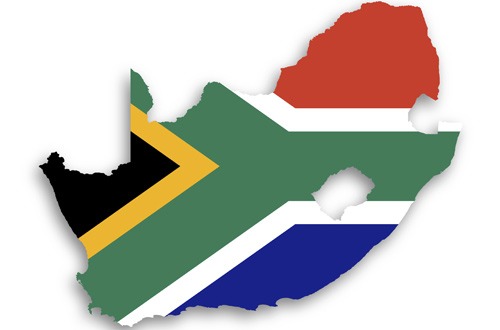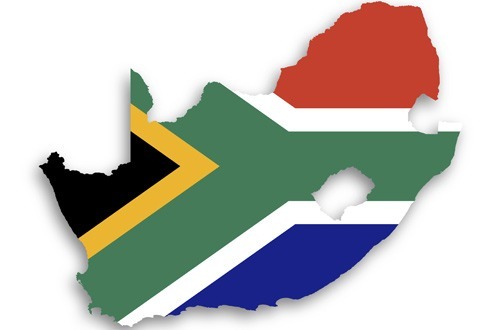
The Medium Term Budget Policy Statement announced a focused spend on jobs, small businesses, small-scale agricultural production and industrial incentives, with an initial allocation of R1.5 billion for an SME fund to support small business and innovation.
“The National Treasury is working with the departments of Science and Technology and Small Business Development to establish a new fund for small business and innovation. The fund, which will be allocated R1 billion in 2019/20, will provide wholesale funding to private- and public-sector incubators, which will on-lend to entrepreneurs at the concept stage.”
Commenting on this statement, Christo Botes, executive director at Business Partners Limited, the risk finance company for formal SMEs, said, “It is positive to see commitment from government on another initiative encouraging innovation amongst small businesses. It would, however, be much more cost effective – from a national rollout perspective – to combine this funding with the CEO Fund, as pooling this would assist in ensuring effective management by the private sector. We would like to see the implementation matched with the intent to target deserving beneficiaries and accurately allocate the funding to start and expand sustainable small businesses.”
Viresh Harduth, vice president of new customer acquisition (startup and small business) at Sage Africa and Middle East, said while no tax relief was announced, the establishment of the SME fund by Gigaba was encouraging.
“The fund will focus specifically on startups, and while we don’t yet know what support it will provide to new businesses, we’re hopeful that it will make it easier to start and run a business through reduced red tape, a supportive business ecosystem, and including small business representatives in policy discussions.
“Small businesses are already under pressure from higher energy prices, which have forced some companies out of business. If the sector is to survive and thrive in tight economic conditions, it’s crucial that the public sector considers the combined impact of higher taxes, higher energy and water tariffs, and spending on projects such as the nuclear build programme, comprehensive social security and the National Health Insurance (NHI) on the cost of doing business in the country.”
Harduth adds, “In South Africa, skills are in short supply and high demand. As one of the biggest skills developers in the country, business builders should work closely with the government to address barriers to growth and discuss how they can become partners in empowering more people, alleviating poverty and boosting SA’s competitiveness. We believe that entrepreneurs hold the key to a more equal and prosperous South Africa, and we will continue to be the voice for entrepreneurs.”
According to an African News Agency report, the minister of Small Business Development, Lindiwe Zulu, said she was pleased by the announcements because SMEs were finally being recognised.
“I have worked very hard to get where I am right now in as far as fighting for attention to small and medium enterprises. I am scaling the support for SMEs. You heard how many times the minister of finance kept on referring to SMEs, to innovators, and to young, black and women-owned enterprises,” Zulu said.







